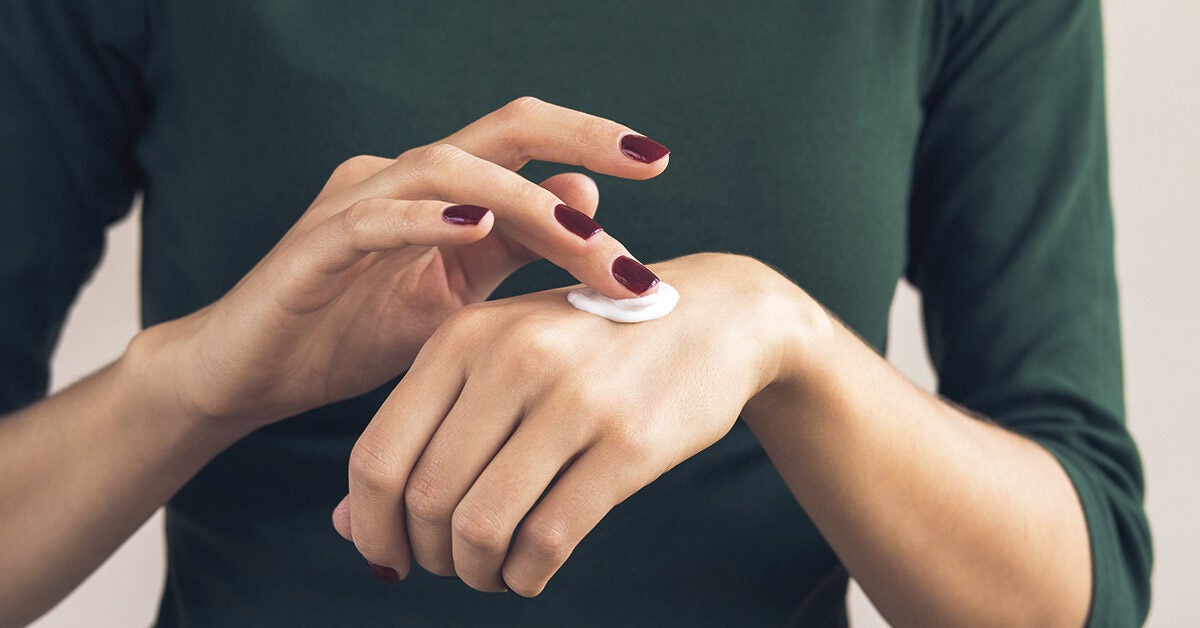The Important Steps You Must Take To Help A Suffering Alzheimer’s Patient

From the moment a person has a debilitating memory loss, their world is altered forever. There are few things that can put a smile on the face of an Alzheimer’s patient and make them feel better than when someone helps them move from one task to another. The following three steps will help those with Alzheimer’s memories in the future
Important steps to help an Alzheimer’s patient
If you are a family member or caregiver of an Alzheimer’s patient, there are some important steps you must take to help them. Here are four key things to remember:
1. Keep talking to your loved one.
Alzheimer’s patients often lose their memory and ability to communicate, but they still need your love and support. Talk to them frequently and keep the conversation light so they don’t get too overwhelmed.
2. Help them stay as active as possible.
Even if your loved one cannot speak or understand what you’re saying, activity keeps their mind active and helps preserve their mental health. Try to involve them in simple activities like puzzles or card games, or take him for short walks around the block every day.
3. Encourage socialization and interaction with others.
You can help for Alzheimer patient by encouraging socialization and interaction with others outside the home, as they often become lonely and withdraw from society. Visits to the library or community events can be great ways for them to connect with people while also staying safe and secure inside familiar surroundings.
Ways of caring for an Alzheimer’s patient
The first step in caring for an Alzheimer’s patient is to understand the disease. Alzheimer’s is a progressive brain disease that destroys nerve cells, leading to memory loss, confusion and difficulty with thinking and problem-solving. There is no known cure, but there are ways to help manage the symptoms and improve the patient’s quality of life.
Alzheimer’s patients will usually need help with basic activities such as bathing, dressing and eating. They may need assistance with personal hygiene, such as brushing their teeth or shaving. Patients should also be kept hydrated and fed a balanced diet, although caregivers should not overdo it if they are already feeling sick. Patients should be encouraged to keep up their social activities and make new friends, as this can be helpful in keeping them happy and mentally active.

Caregivers should also try to provide a sense of order and continuity in the patient’s life. This can include organizing the patient’s belongings, taking care of financial matters (such as paying bills) and making sure all medications are taken as prescribed. It can also be helpful to schedule regular visits with family or friends so that the patient feels connected and supported.
How to keep your home safe?
There are a few important steps that you can take to help care for an Alzheimer’s patient in your home. Make sure they know their surroundings and what is happening around them. Keep a close eye on moods, changes in behavior and any new incidents. Offer support and be there for them as good as you can. And finally, make sure they have access to appropriate medications and treatments.
Mental support for Alzheimer’s patients
Alzheimer’s is a debilitating disease that can rob patients of their memories and cognitive abilities. There is no cure for Alzheimer’s, but there are treatments that can help patients live better lives.
One of the most important things you can do for an Alzheimer’s patient is to provide mental support. This means understanding what the patient experiences and providing emotional support. It also means being there to listen when the patient needs to talk, and helping the patient stay active and engaged in activities that they enjoy.
There are many ways to provide mental support for an Alzheimer’s patient. You can read books with them, take them on walks, or play games together. You can also create a special memory book filled with pictures of the patient’s favorite memories. Whatever you do, make sure it provides emotional as well as physical support.
Recent Posts
 What are Some Common Mistakes to Avoid While Trimming Your Beard?
What are Some Common Mistakes to Avoid While Trimming Your Beard? A Guide to Updating Your Skincare Routine for Summer
A Guide to Updating Your Skincare Routine for Summer 5 Things To Keep In Mind When Ordering From A China Hair Factory
5 Things To Keep In Mind When Ordering From A China Hair Factory Why Moisturising Your Hands Is So Important?
Why Moisturising Your Hands Is So Important? What Is Your Curl Pattern Type, And How Do You Deal With It?
What Is Your Curl Pattern Type, And How Do You Deal With It? Dermal Fillers: What Are Dermal Fillers, How Are They Used, And Who Uses Them?
Dermal Fillers: What Are Dermal Fillers, How Are They Used, And Who Uses Them? How Filorga Optim Eyes Works
How Filorga Optim Eyes Works Reverse Balayage: A Low Maintenance Cost For Beauty in Winter
Reverse Balayage: A Low Maintenance Cost For Beauty in Winter Shape the Brows with efficient Eyebrows Tinting
Shape the Brows with efficient Eyebrows Tinting Different Types of Hair Extensions
Different Types of Hair Extensions
